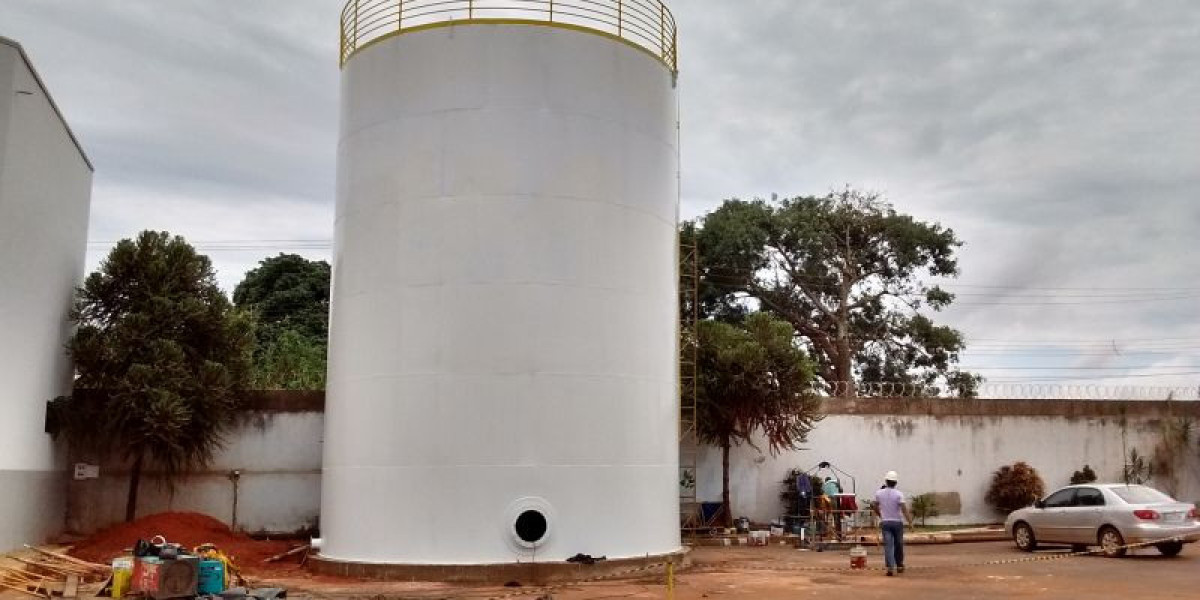A private psychiatrist assessment may be able to assist you if you suffer from mental health issues. This type of assessment offers shorter wait times than public services and can assist you in getting the care you require.
You'll need to provide details about your symptoms, family history, and treatment history. The psychiatrist will want to be aware of whether you've used any drugs or experienced any traumas.
Finding a psychiatrist
Private practice psychiatrists are independent of the hospital or clinic setting and may have their own individual practices. They can collaborate with insurance companies to collect payments, but many people pay in cash. Typically, they have lower expenses than other healthcare professionals and offer lower rates for their services.
People who are interested in becoming a psychiatrist in private practice have to become licensed and board-eligible. Additionally, they will need to build their practice and market their services. They may choose to accept several insurance companies or work with one good insurer and concentrate on filling their schedules with patients. They can also contact patients by posting posters in public areas or on the Internet.
Many psychiatrists have distinct specializations including child-adolescent and geriatric medicine. They may also offer a wider array of services, like psychotherapy and medication management. Certain psychiatrists are specialized in certain illnesses, such as bipolar disorder or schizophrenia. Others prefer working with certain groups, like veterans or the elderly population.
A patient has to make an appointment once they have found a psychiatrist who meets their needs. The initial appointment typically lasts between 1-1.5 hours. The psychiatrist will observe and ask questions about the patient's previous. They will then come up with an assessment using the information they have collected. In the initial examination, the psychiatrist will also examine how the issue has been impacting the patient's life and suggest treatment options.
After the initial appointment, patients will need to continue to meet with their psychiatrist on a regular basis to monitor their mental well-being. This can involve prescription medications or psychotherapy, like cognitive behavioral therapy or psychoanalysis. This may also include group or family therapy. In certain situations psychiatrists may be required to provide patient information to other healthcare professionals to ensure that patients receive a comprehensive care.
Safety-net hospitals can provide psychiatric care to those who can't afford it. These hospitals typically charge a sliding fee based on the income of the patient. Additionally, federally accredited health centers, often referred to as community health centers, can provide affordable or free psychiatric services.
Scheduling an Appointment
Typically, private psychiatrist appointments cost less than an in-person appointment with a mental health professional. It is essential to verify the specific rules of your insurance policy before scheduling an appointment. Your insurance provider might not cover services that aren't considered "medically essential" by you. The psychiatrists who accept medical insurance are able to list their rates on their website or through their call center. Patients who do not accept insurance are known as "out-of network providers." You may be required to pay some of the amount upfront, depending on your insurance plan.
During your initial visit the psychiatrist will review your medical history and inquire about your symptoms. The psychiatrist may also inquire about your family, relationships and other factors that can affect your mood. These questions may feel intrusive but they are necessary for a correct diagnosis. They could also ask about your use of alcohol or drugs.
The psychiatrist will decide at the end of the first session whether or whether he will prescribe medication. If they decide to, they will contact your GP and arrange for you to get the prescription from them. They can also refer you to a therapist in the event that you require therapy.
You can schedule follow-up sessions as needed with your psychiatrist. The sessions typically last 30 minutes. If they recommend therapy sessions then these will last longer. In certain instances, you could also be required to take part in group sessions.
Psychiatrists prescribe medications to treat a wide range of ailments, including anxiety, depression and eating disorders. They can also treat bipolar disorder, ADHD and psychotic disorders such as schizophrenia. It is essential to take your medication as prescribed and keep appointments.
 A service such as Doctor on Demand can help you find a psychiatrist. The service offers a range of psychiatrists who have a unique background and specialization. Appointments cost $299 for an initial consultation, and $129 for any subsequent sessions. The online service also offers an easy way to file your insurance claim.
A service such as Doctor on Demand can help you find a psychiatrist. The service offers a range of psychiatrists who have a unique background and specialization. Appointments cost $299 for an initial consultation, and $129 for any subsequent sessions. The online service also offers an easy way to file your insurance claim.During the Assessment
A private psychiatrist assessment is more specific and thorough than a typical consultation. The appointment lasts 90 minutes, and the clinician will ask you questions to gain a better understanding of your symptoms and their effects on your life. They will ask you a range of questions regarding your personal history, medical history in your family, and previous treatments for mental health issues.
The initial meeting may feel uncomfortable or uncomfortable, but it is essential to answer all of the questions honestly. This will help your psychiatrist make a precise diagnosis that is tailored to your specific needs. They'll likely ask about any traumatic or stressful events you've experienced in your life, and how they are impacting you. They'll also want know about your medication use and any substance abuse issues you have had.
They will also arrange for blood tests, as well as other medical exams. They may arrange for these tests through your GP or suggest that you pay privately. If they feel it is necessary, they may refer you to an occupational therapist or psychologist for further treatment and research.
Psychiatric assessments are usually performed by psychiatrists, but they can also be performed by nurses and psychologists. It is recommended to speak with psychiatrists, since they are trained in mental health issues and are able to provide you with the most effective treatment.
It is recommended to not drink or consume alcohol prior to your test because it could affect your cognitive and judgment abilities. It is also important to get enough sleep and take regular breaks to ensure your body is well-rested. This will allow you feel more relaxed and enable you to have a more successful assessment experience.
Following your psychiatric assessment your psychiatrist will work with to develop a treatment program that is effective for you. You may need to attend regular appointments, or they might just do the occasional follow-up.
After the Assessment
A private consultation with a psychiatrist may be beneficial if you've been suffering from a mental illness, such as ADHD or an anxiety disorder. Before you book an appointment, keep certain things in your mind. For one you'll need an appointment from your doctor to visit an expert. This is important, especially in the event that you plan to utilize your insurance coverage. If you do not have insurance coverage through private insurance it is advisable to look into community mental health services available in your region.
When you arrive for your psychotherapy assessment the psychiatrist will take into consideration the current symptoms you are experiencing and your treatment history. You will be asked to describe what happened, as well as any traumatic events. They'll also inquire about your family history to get more information about any health issues that are prevalent in your family.
You'll also be required to undergo several psychosis tests. The tests will differ based on your situation and may include blood and urine testing to check your levels for hormones, vitamins and electrolytes. These tests can help your psychiatrist determine the cause of your symptoms. They'll also consider whether you've had a an addiction history or if you're taking any medications.
During the interview the psychiatrist will listen carefully to what you say and will observe your body language. This is the most crucial aspect of the interview, since it helps them understand your mental state and determine the kind of assessment you require. If the psychiatric assessment suggests that you need additional therapy, a therapist will be suggested.
You can reach Dr Adrian Winbow and Prof Tony Hale of Iam Psychiatry to receive a private psychiatrist prices psychiatric assessment for those suffering from a mental illness. You'll be able to make an appointment at a time that is convenient to you and receive a full report of your appointment likely to include a diagnosis and appropriate recommendations. The service will send a copy of your report to your GP. This is a comprehensive service that focuses on quick and high-quality results.




